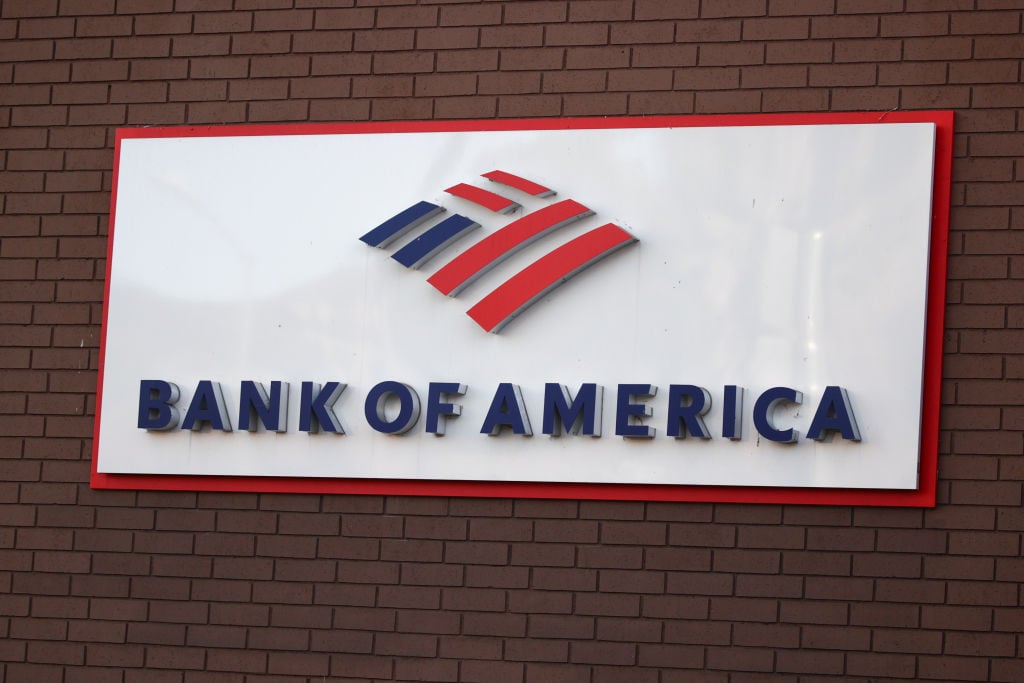The day is rapidly approaching when Bank of America (NYSE:BAC) will be done with the Ken Lewis era. Yesterday, Lewis announced that he will retire as both CEO and director of the bank as of the end of this year.
Why am I excited about the departure of B of A's head honcho? As a shareholder, I've watched Lewis chase growth and try to please Wall Street analysts by playing fast and loose with what was once a solid, conservative bank. The result was that mismanaged risk left the bank standing short-less along with the likes of Citigroup (NYSE:C) when the proverbial tide went out.
In expected fashion, B of A's press release on the departure quotes Lewis as more or less pronouncing the bank healthy and ready to take on the world, while giving himself a nice pat on the back for "the decisions and initiatives of the difficult past year-and-a-half." Ostensibly the healthy path that Bank of America is now on is the reason Lewis feels ready to retire, though anybody who actually follows the bank should be able to figure out that the drubbing that he's taken from the government over the Merrill Lynch acquisition is the more likely reason for the move.
Parting isn't always sweet sorrow
Back in April, I laid out my case for giving Lewis the boot. I don't know that there's a better way to sum up the Lewis era than to say that the best thing he did was make the company big enough that the government had to save it during these tough times. He made quite a number of large acquisitions while he was at the top, many of which appeared to be either ill-timed, overpriced, or both.
At the same time, Lewis eschewed the conservative approach of other large banks like Wells Fargo (NYSE:WFC) and US Bancorp (NYSE:USB) and tried bolstering the bank's investment banking operations, perhaps hoping to capture a little of the magic that makes Goldman Sachs (NYSE:GS) and Morgan Stanley (NYSE:MS) so great. Of course, you don't become Goldman overnight, and big commitments with bad timing and risk management led to massive losses from B of A's IB unit.
Ironically, Merrill Lynch was one of the financial institutions that seemed to strive the most -- and failed the worst -- to be more like Goldman. Today, Merrill is (controversially) part of Bank of America.
The more things change ...
For investors and current B of A shareholders, though, the big question may be how much the bank really changes after Lewis is gone. In the press release, Lewis noted that there are "a number of senior executives" who will compete to inherit the headaches that he's leaving behind.
Many of the bank's current top execs are longtime Bank of Americans -- some have been with the bank for 30 years or more. The only real fresh blood -- that didn't come by way of Merrill Lynch -- is Sallie Krawcheck, who, as I noted back in August, would hardly excite me as a replacement for Lewis.
Don't get me wrong, some of the execs who have been with B of A for decades-plus may have very different ideas than Lewis and could be great choices for CEO. However, it'd be great to see the board look outside of Charlotte, N.C., headquarters and maybe bring in a fresh perspective.
So do we buy now or what?
It appears that I may not be the only one toasting Lewis' departure, as B of A's stock was up a bit in yesterday's aftermarket after falling in regular trading. However, I can't really say that my opinion has changed much since I expressed my lack of excitement for shares back in June.
New leadership may be a step in the right direction, but it'll be nice to know who will be the new chief and what the new direction might look like before allowing B of A to hang out with the cool kids like Wells Fargo and JPMorgan Chase (NYSE:JPM).
In the meantime, I can't help but note that in the press release, Lewis specifically said that senior executives would "compete" for the CEO role. I can only hope that the board will decide to make it interesting and have C-suite potato sack races, home run derbies, or bake-offs. Now that would get me excited.
The Federal Reserve may have been crucial in saving Bank of America and others, but now someone may need to save the Fed. Ron Paul is on the hunt and Fool Jennifer Schonberger recently pinned him down for an interview.









